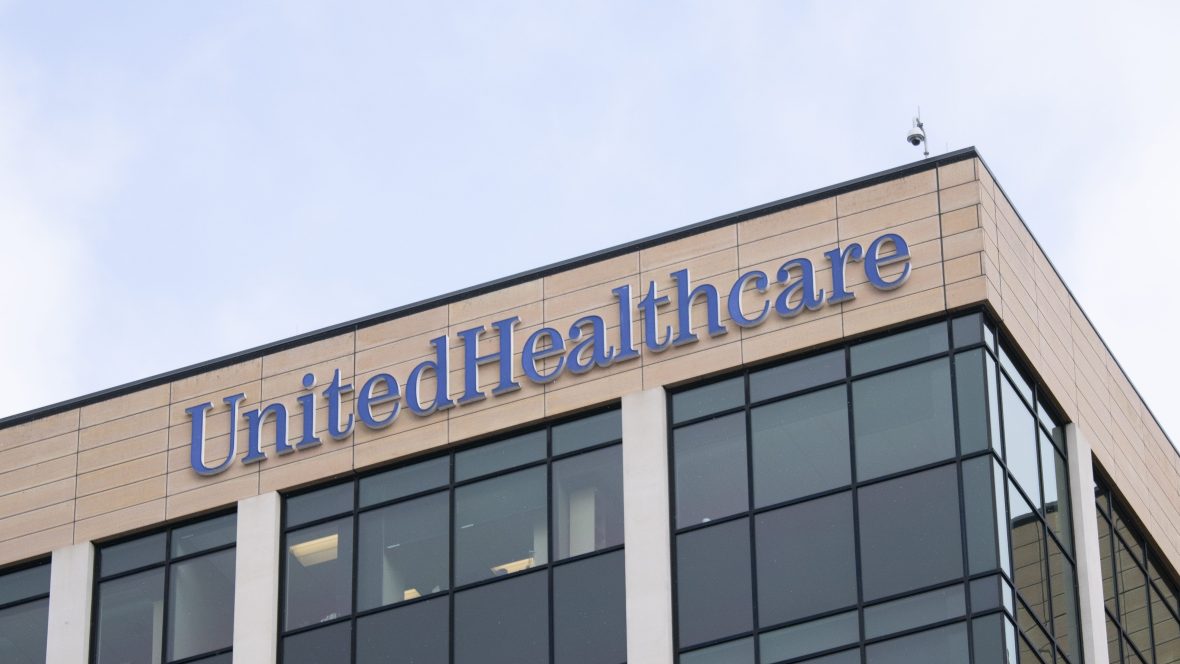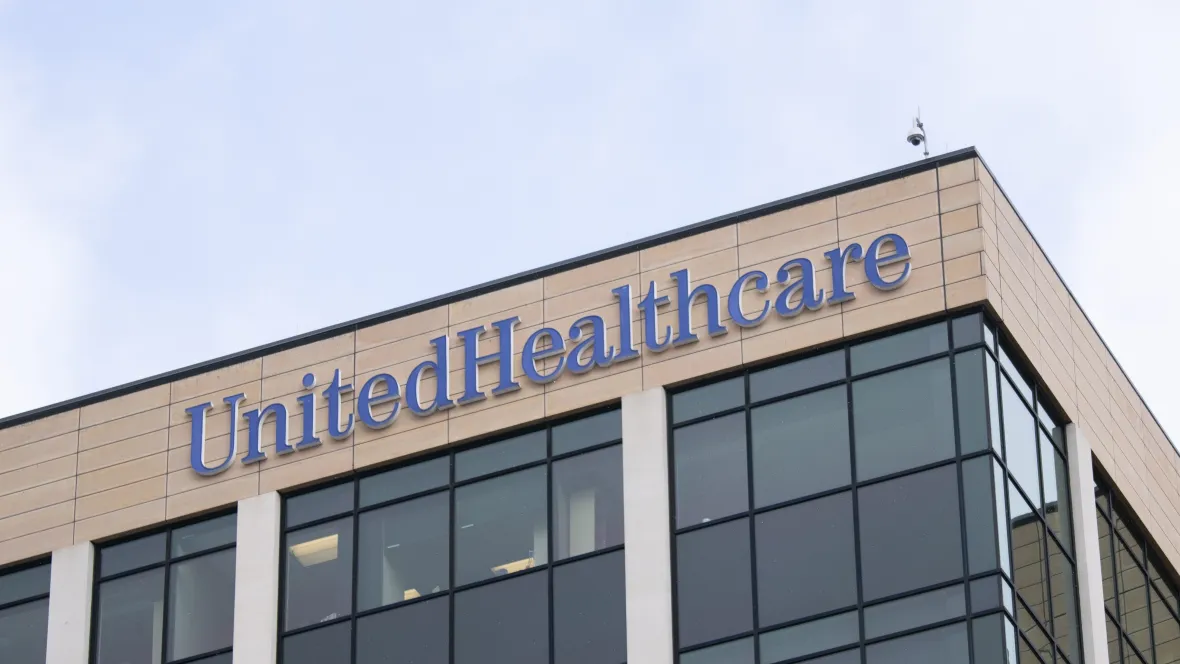Why sympathy has been really hard to come by in the death of the UnitedHealthcare CEO

OPINION: The alleged killer, Luigi Mangione, became a folk hero to some for killing the CEO of a health care insurer that seems to aggressively deny claims.
Editor’s note: The following article is an op-ed, and the views expressed are the author’s own. Read more opinions on theGrio.
I’ve been watching the hunt for the man who killed the CEO of UnitedHealthcare, Brian Thompson, with a certain amount of bemusement. For starters, every bit of information that comes out ensures that a Netflix series is certain, if not a modern day remake of the Denzel Washington film, “John Q.” From the bullets with the words “deny,” “defend,” and “depose” to the killer’s bookbag found in Central Park with money from the popular game “Monopoly” inside of it, all of it seems so bizarre. The alleged killer — 26-year-old Luigi Mangione, who has been arrested and taken into custody — even used an e-bike to flee the scene. The story is so odd, all around.
Nothing has been more interesting to watch, though, than the reactions of people online. While I can’t imagine anybody is OK with or would actively root for murder, the fact that so many people more or less “understand” how somebody like the CEO of a health care system might end up dead, speaks volumes about the way people view the health care system in this country. Doctors have hopped into conversations illustrating their own frustrations with health care providers like United Healthcare and their denial of services or prescriptions for clients. Then came the leaked video of the CEO of United Healthcare’s parent group, UnitedHealth, remarking: “We guard against the pressures that exist for unsafe care or for unnecessary care to be delivered in a way which makes the whole system too complex and ultimately unsustainable.”
Le sigh.
UnitedHealthcare apparently has quite the history with denied claims, so for the CEO to allege the company won’t succumb to the pressure of “unsafe” or “unnecessary care” couldn’t be more of a clinic in “read the room.” But statements like that, while being a company known by both patients and physicians for its claim denials, highlight the chasm between the business of health care and the people on the losing end of those business decisions, which kind of feels like everybody else.
It also highlights why, try as they might, it’s really hard for many people to have sympathy at this moment. Everybody I know who comes into contact with the health care system — which is pretty much everybody — has a horror story or two of denied claims or fighting for years, even, to get a thing covered (or be reimbursed for services) that seem to be covered according to the agreements we all made.
I’ve been there. I don’t have United Healthcare (anymore) but I’m currently in the middle of a lengthy back-and-forth trying to get a claim that’s been denied approved by providing, for the fourth time, the very information I’ve been asked to provide — and have provided — three times prior. I’m frustrated and my claim is only over a few hundred dollars; I cannot imagine how annoying and frustrating it might be if you’re being denied access to necessary, physician-prescribed medication (as I’ve seen online) or god-forbid services that somehow aren’t covered for this reason or that one, costing you tens of thousands of dollars you don’t have.
As a parent of a child who has spent considerable amounts of extended time in the hospital receiving care, I’m thankful my daughter’s care is covered while also being afraid of the time when a bill comes in that says, “Your amount due is $100,000 for rendered services due next Tuesday.” I pray that’s never the case, but I’d be lying if I said it didn’t feel possible.
This is the reality a lot of people live with daily. You pay your premiums and you believe you understand your health care coverage only to find out when you really need it, this thing or that thing isn’t covered or reimbursable and you have to come out-of-pocket. Except you can’t because health care costs can be understandably expensive. It creates a cycle of debt for people just trying to live. It’s especially hard for Black people who already are at a disadvantage in America’s healthcare system, with there being studies that show there’s evidence of racial disparities in healthcare denials too. And this system can screw you badly when you need it most.
Most people don’t delight in the deaths of others, and I’d wager that most people truly delighted in the death of Mr. Thompson. But sympathy is a different animal and there is very little sympathy for those who get rich so visibly and so destructively at the expense of, often, the most vulnerable. It’s hard to muster sympathy when you have a family member who has been so negatively impacted by the health care insurance industry, especially if it was at the hands of United Healthcare, and it seems like A LOT of people have been on the short end of that stick.

Panama Jackson is a columnist at theGrio and host of the award-winning podcast, “Dear Culture” on theGrio Black Podcast Network. He writes very Black things, drinks very brown liquors, and is pretty fly for a light guy. His biggest accomplishment to date coincides with his Blackest accomplishment to date in that he received a phone call from Oprah Winfrey after she read one of his pieces (biggest) but he didn’t answer the phone because the caller ID said “Unknown” (Blackest).
More must-reads:

